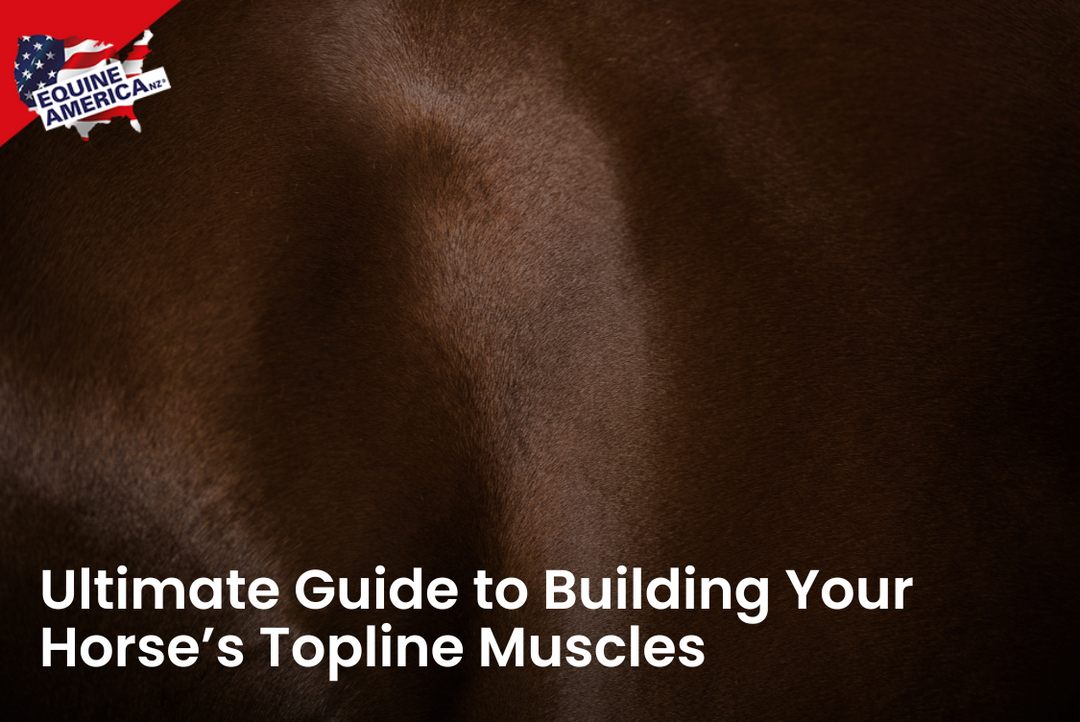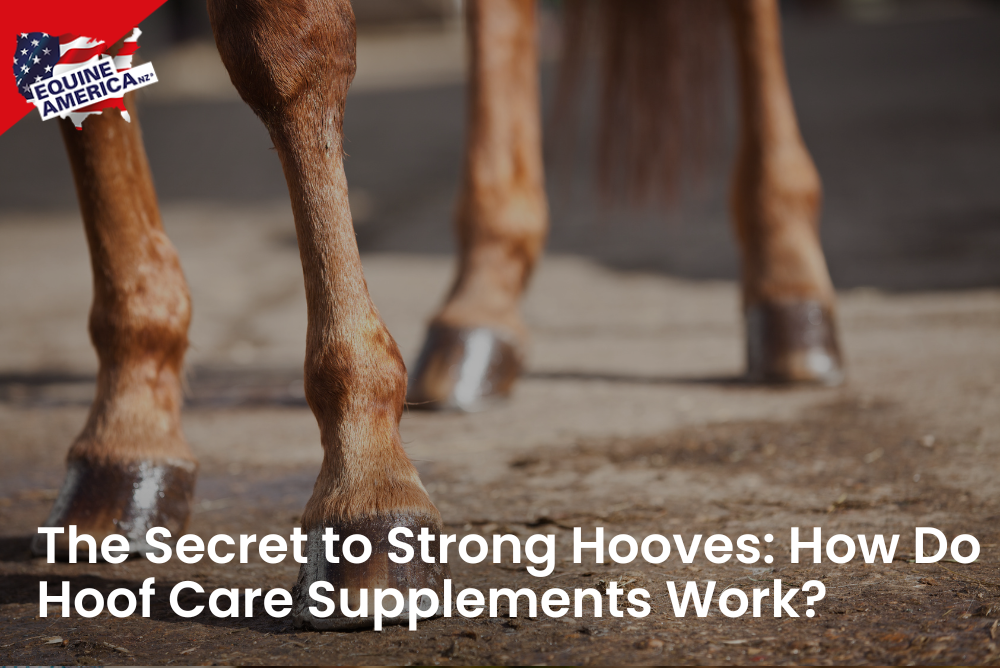When it comes to competing with our horses, ensuring their peak performance and well-being is of utmost importance. One commonly asked question among equestrians is whether it is suitable to use Cortaflex, a popular supplement, for competition horses. Cortaflex has gained attention for its potential benefits in supporting joint health and mobility. However, it's essential to understand its suitability, effectiveness, and any regulations surrounding its use in competitive settings.
In this article, we will delve into the topic of using Cortaflex for competition horses, exploring its potential advantages and considerations, so you can make an informed decision for your equine partner's health and success.
Understanding Cortaflex
Cortaflex is a popular supplement used by horse owners and riders to support joint health and mobility in horses. It is formulated with a combination of key ingredients known for their potential benefits in promoting healthy joints. The primary aim of Cortaflex is to provide nutritional support to the horse's joints, helping to maintain their optimal function and flexibility.
The supplement contains important components such as glucosamine, chondroitin, hyaluronic acid, and collagen. These ingredients play a crucial role in supporting the structure and integrity of the horse's joints, as well as aiding in the production of synovial fluid for lubrication.
Suitability For Competition Horses
When it comes to using Cortaflex for competition horses, it's essential to consider the rules and regulations set forth by competition organisations. Some competitions have specific guidelines regarding the use of supplements, including Cortaflex or any other joint support products.
Before incorporating Cortaflex into your competition horse's regimen, it is crucial to review the rules of the specific competitions you participate in. Some competitions may allow the use of certain supplements as long as they do not contain any prohibited substances. It is important to check the ingredient list and consult with your veterinarian or competition officials to ensure compliance with the rules.
Additionally, evaluating the needs of your competition horse is vital. If your horse is experiencing joint issues or shows signs of discomfort during intense training or competition, Cortaflex may offer potential benefits. However, it is essential to assess the overall health, training routine, and individual requirements of your horse to determine if Cortaflex is suitable and necessary for them.
Considerations For Using Cortaflex
While Cortaflex can be beneficial for some horses, there are several considerations to keep in mind before incorporating it into your horse's routine. Here are a few key factors to consider:
- Consultation with a Veterinarian: Before starting any new supplement, it is important to consult with your veterinarian. They can assess your horse's overall health, joint condition, and specific needs, and provide guidance on whether Cortaflex is appropriate for your horse.
- Ingredient Analysis: Take the time to thoroughly review the ingredients in Cortaflex. Ensure that your horse is not allergic or sensitive to any of the components. Additionally, be aware of any substances that may be prohibited in your specific competition or discipline.
- Individual Response: Remember that every horse is unique, and their response to supplements can vary. While Cortaflex may work well for some horses, others may not experience the same benefits. Monitor your horse closely after starting Cortaflex to assess any changes in their joint health and overall well-being.

Alternatives To Cortaflex
If Cortaflex is not suitable for your horse or if you prefer to explore alternative options, there are other joint supplements and strategies to consider. Here are a few alternatives:
- Glucosamine and Chondroitin: These are commonly used joint supplements that provide support for healthy cartilage and joint function. They can be found in various forms, including oral supplements and injections.
- Omega-3 Fatty Acids: These essential fatty acids have anti-inflammatory properties and can contribute to overall joint health. Sources of omega-3s include flaxseed, fish oil, and certain algae-based supplements.
- Adequate Exercise and Conditioning: Regular exercise and proper conditioning can help maintain joint health in horses. A consistent fitness program, including appropriate warm-up and cool-down routines, can contribute to the overall well-being of your horse's joints.
- Veterinary Interventions: In some cases, veterinary interventions such as joint injections or regenerative therapies may be necessary to address specific joint issues. Consult with your veterinarian to explore these options if needed.
Making An Informed Decision
When deciding whether to use Cortaflex or explore alternatives for your competition horse, it's crucial to make an informed decision. Consider the following steps to ensure you are taking the best course of action:- Research and Education: Take the time to educate yourself about Cortaflex and other joint supplements available in the market. Understand their ingredients, mechanisms of action, potential benefits, and any associated risks or limitations.
- Consult with Professionals: Seek advice from equine veterinarians, trainers, and experienced equestrians who have knowledge and expertise in the field. They can provide valuable insights and help you evaluate the suitability of Cortaflex or other options for your competition horse.
- Consider Individual Needs: Each competition horse is unique, and their joint health requirements may vary. Consider factors such as age, discipline, workload, current joint condition, and any specific issues or challenges your horse may have. Tailor your decision based on your horse's individual needs.
- Performance Goals: Assess your performance goals and the demands of your chosen discipline. Some competitions may have specific regulations or restrictions regarding supplements, so it's important to align your choices accordingly.
- Monitoring and Adjustments: Regardless of the joint supplement chosen, closely monitor your horse's response and performance. Regularly assess their joint health, overall well-being, and any changes observed. Adjust the supplementation regimen or seek professional advice as needed.
Final Thoughts
Deciding whether to use Cortaflex or explore alternative joint supplements for your competition horse requires careful consideration and consultation with equine professionals. By taking the time to research, consult, and evaluate your horse's individual needs, you can make an informed decision that promotes their joint health and enhances their performance.
If you're looking for high-quality equine supplements, consider exploring the range of products offered by us here at Equine America NZ. Our extensive selection, formulated with the well-being of horses in mind, may provide you with suitable options to support your horse's joint health and overall performance. Visit our website or contact our team for further information and guidance on choosing the right supplements for your competition horse.
Please give us a call at Equine America NZ today at 0800 440 888 to learn more or leave an enquiry.




